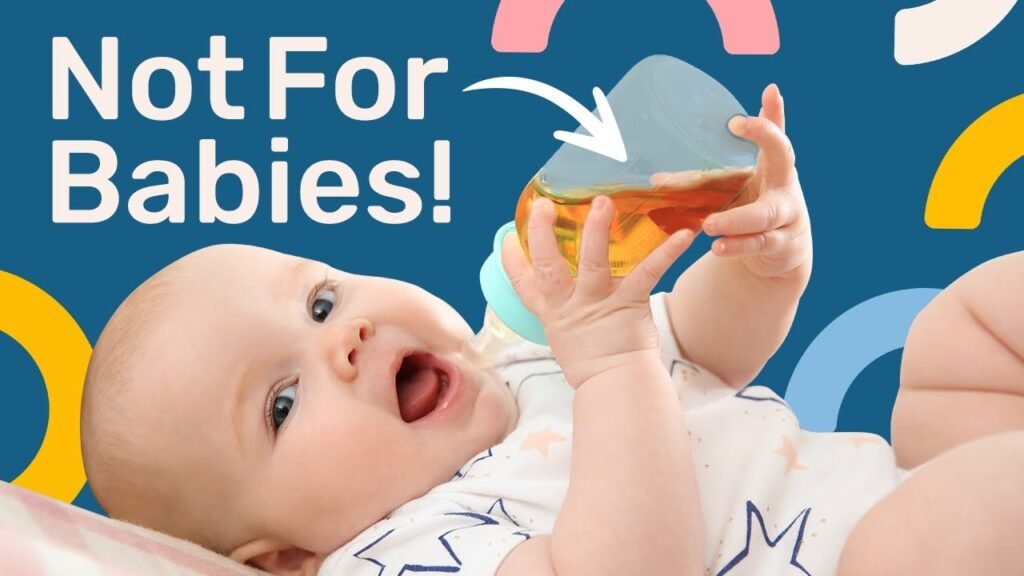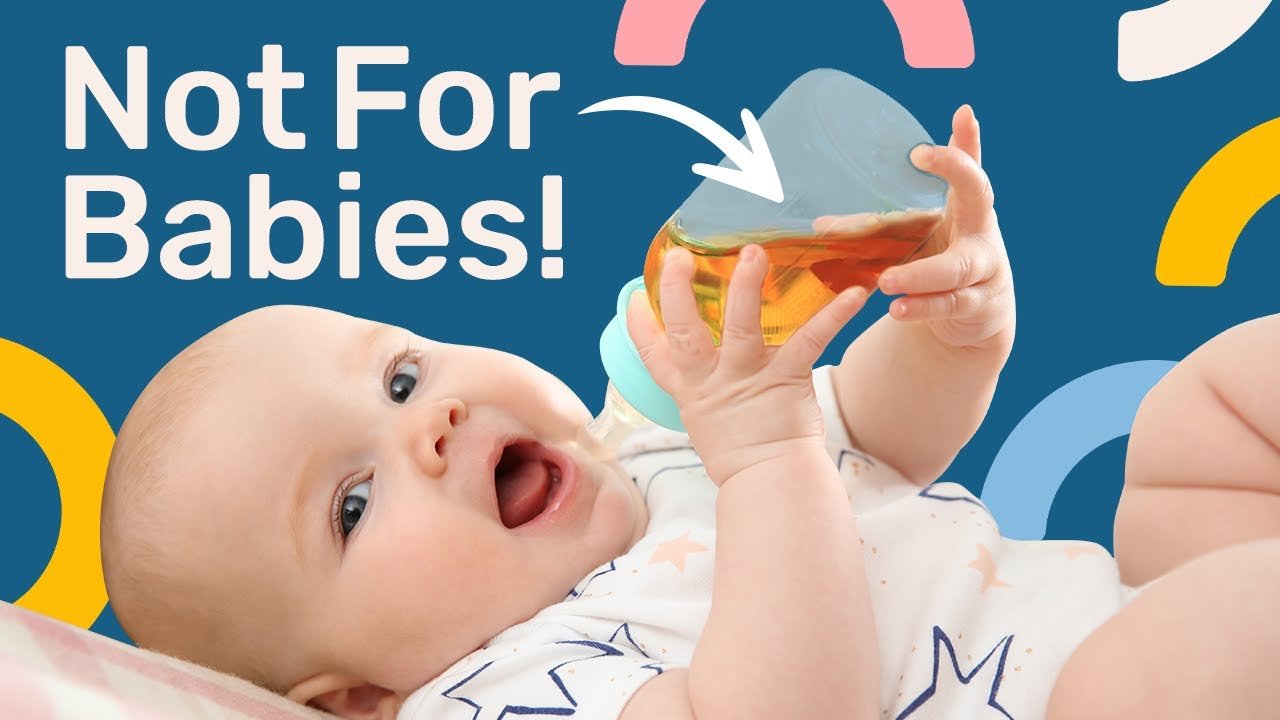In this video, you’ll learn about the harmful effects of high salt foods on babies. The video discusses nine common foods that should never be given to babies, regardless of the method used to introduce solid foods. Some of these foods, like honey, can cause serious health problems like infant botulism, while others, like fruit juice, can lead to gastrointestinal symptoms. Cow’s milk should not be given as an alternative to breast milk or formula before 12 months of age, as it is less nutritious and high in sodium. Other foods, such as undercooked eggs, raw or smoked fish, and cheeses made from unpasteurized milk, should also be avoided. Additionally, hard, round shaped foods and hard fruits and vegetables can pose a choking hazard for babies and should be modified to minimize the risk. The video aims to inform and educate parents, empowering them to make the best decisions for their babies.
Harmful effects of high salt foods on babies
Introduction
When it comes to introducing solid foods to your baby, it’s important to be aware of the potential harmful effects of certain foods, especially those high in salt. High salt foods can have detrimental effects on a baby’s health, including an increased risk of kidney damage, negative impact on infant growth, and the development of unhealthy food choices. In this article, we will discuss the harmful effects of high salt foods on babies, specific foods to avoid, and the importance of providing a low salt diet for infants.
Effects of high salt on babies
Babies have delicate systems that are not yet fully developed, including their ability to handle salt. Excess salt intake can have a more significant impact on babies compared to adults. High salt foods can disrupt the delicate balance of sodium in a baby’s body, leading to various health issues. It’s important to understand the difference between babies and adults in handling salt and the potential consequences of excessive salt intake in infancy.
Increased risk of kidney damage
One of the most significant harmful effects of high salt foods on babies is an increased risk of kidney damage. Babies’ kidneys are still developing, and their ability to filter out excess salt is limited. Consuming high salt foods can put a strain on their kidneys and lead to long-term damage. This can have serious implications for their overall health and well-being.

Negative impact on infant growth
High salt foods can also negatively impact a baby’s growth. Sodium is known to affect weight gain and height, and an excessive intake of salt can hinder a baby’s growth potential. It’s essential to provide babies with a balanced diet that is not overloaded with salt to support their healthy growth and development.
Unhealthy food choices
Consuming high salt foods in infancy can lead to unhealthy eating habits later in life. Babies who are exposed to salty foods at a young age are more likely to develop a preference for salty flavors. This can result in them seeking out and consuming salty foods as they grow older, increasing their risk of obesity and related health issues. It’s crucial to establish a healthy, low salt diet from the beginning to instill good eating habits.
Potential long-term consequences
The harmful effects of high salt intake in infancy can extend into adulthood and have long-term consequences. Babies who consume high salt foods are at a higher risk of developing hypertension (high blood pressure) later in life. Hypertension is a leading cause of cardiovascular diseases, such as heart disease and stroke. By limiting a baby’s exposure to high salt foods, we can help reduce their risk of these potential health issues in the future.
Specific high salt foods to avoid
To protect your baby’s health and well-being, it’s important to be aware of specific high salt foods to avoid. Processed foods often contain high levels of salt, so it’s essential to read food labels and choose low sodium options. Fast food items and takeaways are also typically high in salt and should be avoided. Snack foods like chips and crackers can contain excessive amounts of salt as well, so it’s best to opt for healthier alternatives.
High salt processed baby foods
While it may seem counterintuitive, some baby foods marketed as healthy can actually be high in salt. It’s crucial to exercise caution when choosing processed baby foods and carefully read the nutrition labels. Look for options that are low in sodium and free from added salt. Alternatively, you can opt to make homemade baby foods using fresh, unprocessed ingredients to ensure they are low in salt.
Salting baby’s food
To protect your baby’s health, it’s important to avoid adding salt to their food. Babies have a much lower tolerance for salt than adults, and their bodies do not require excessive amounts. It’s best to introduce your baby to the natural flavors of foods without adding any salt. As they grow older, gradually introduce minimal amounts of salt, always keeping their sodium intake within recommended limits.
Conclusion
High salt foods can have harmful effects on babies, including an increased risk of kidney damage, negative impact on growth, and the development of unhealthy eating habits. It’s crucial to avoid specific high salt foods, choose low sodium options, and avoid adding salt to baby’s food. By providing a low salt diet for infants, we can promote their overall health and reduce their risk of long-term health issues. Remember to always consult with your healthcare provider for personalized advice on your baby’s dietary needs.

